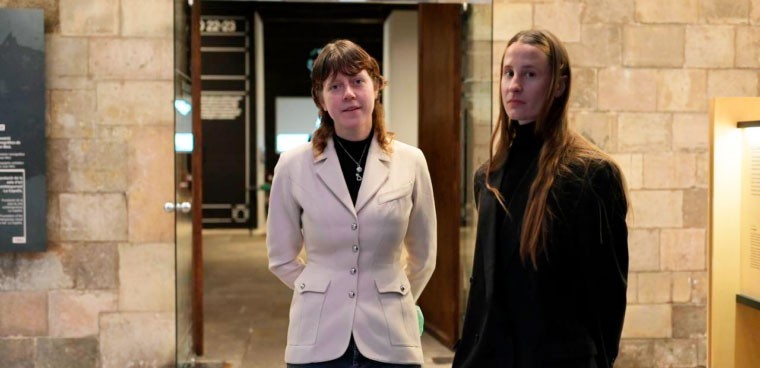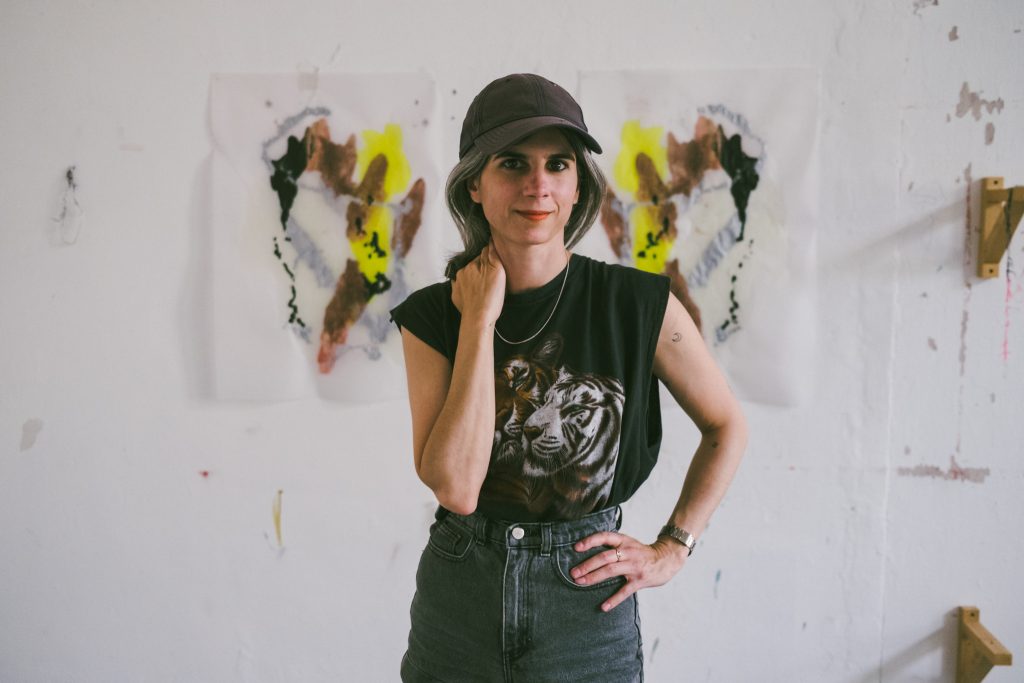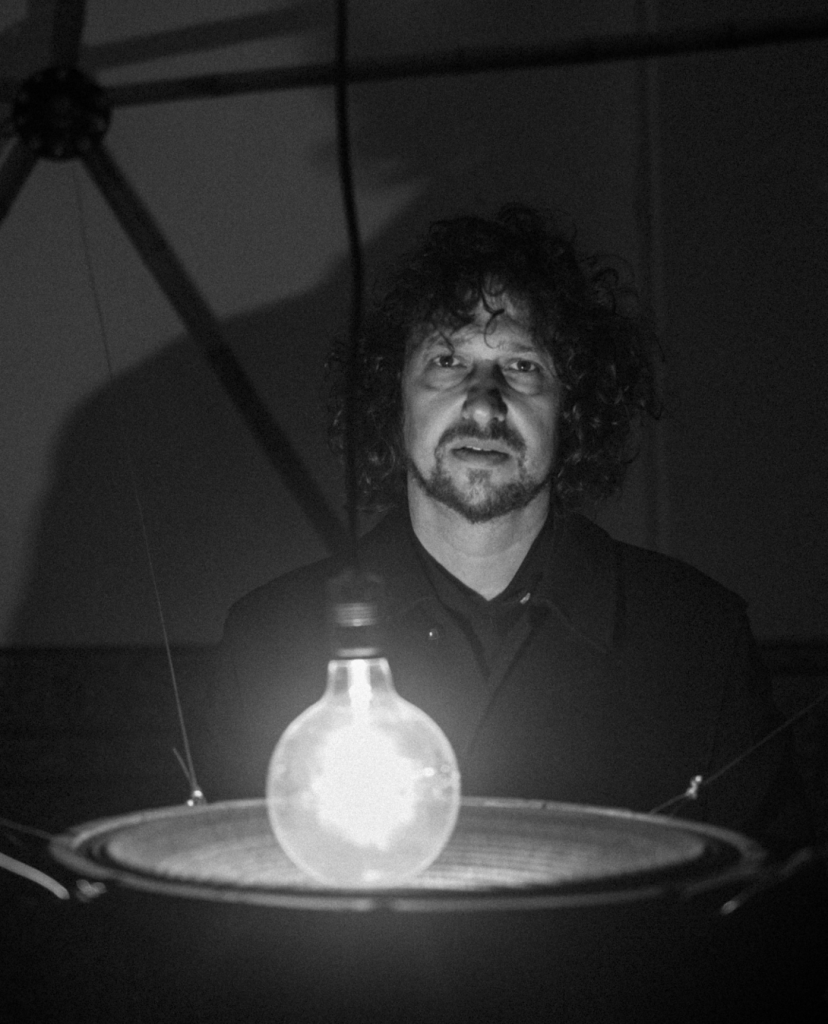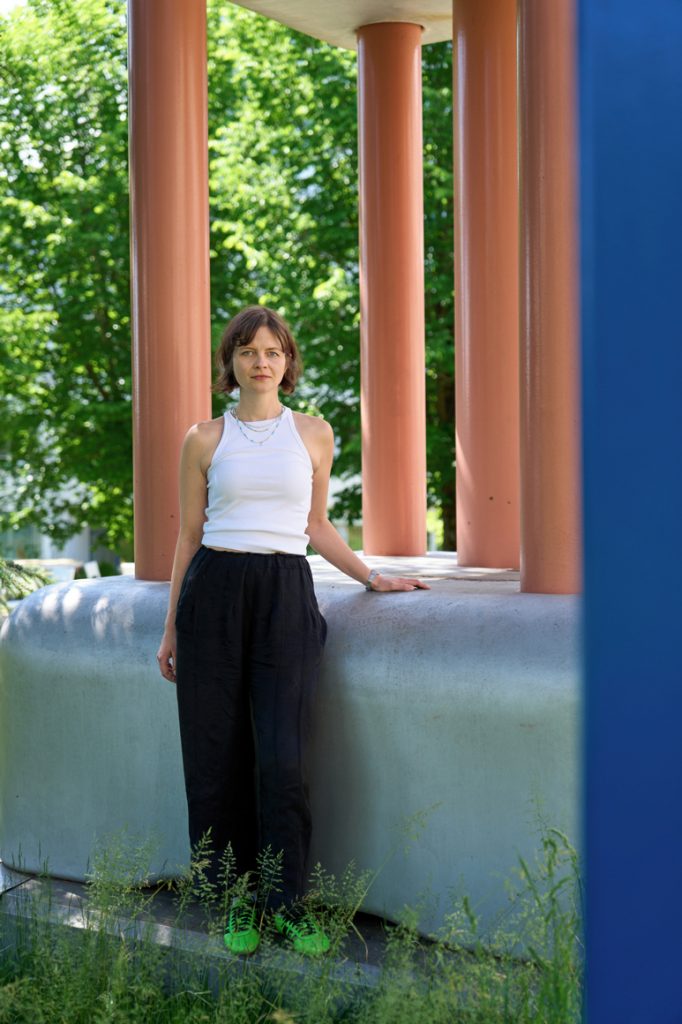- City
- Basel, Switzerland
- Artistic Residency
- Collide
- Year
- 2022
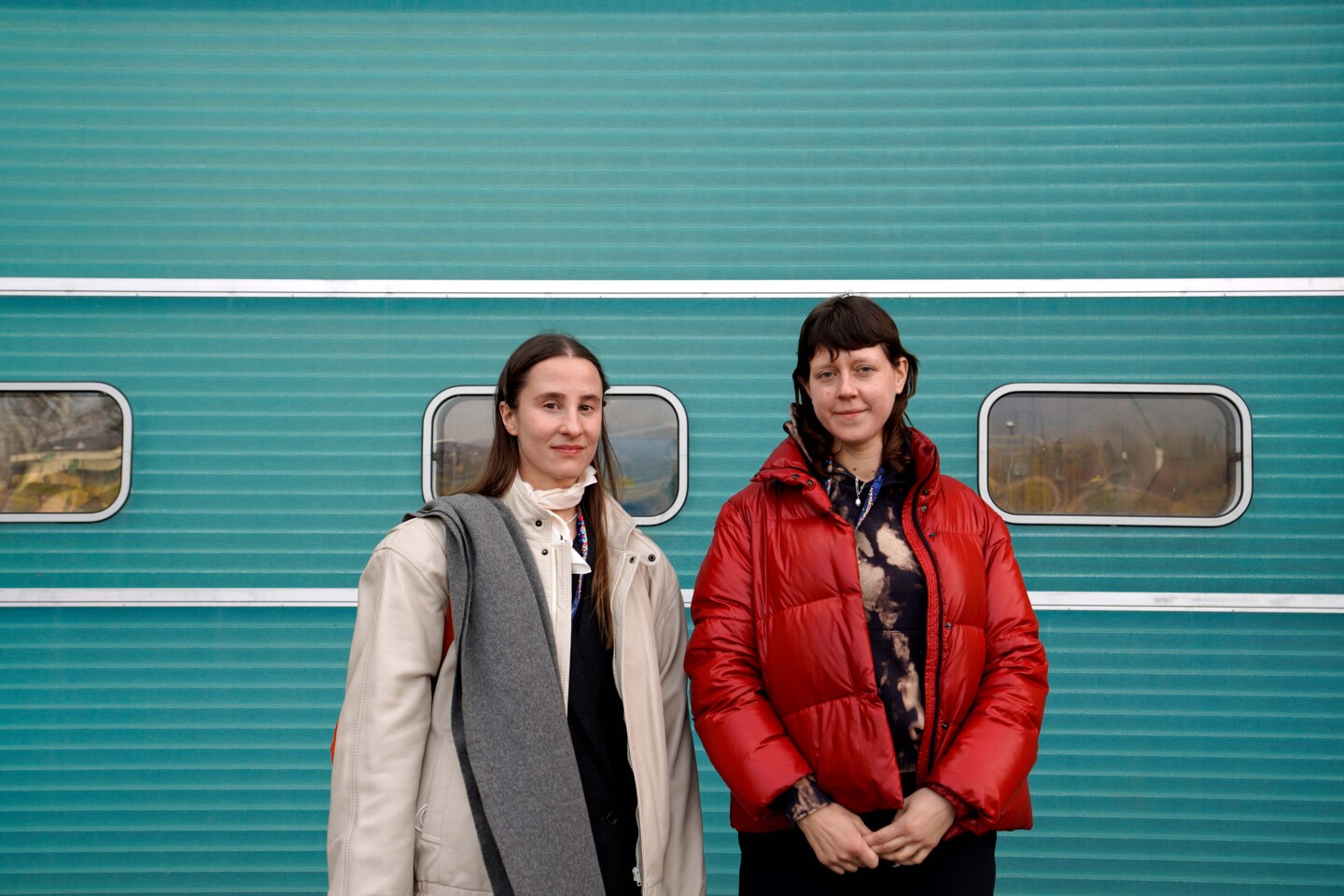
Dorota Gawęda and Eglė Kulbokaitė are an artist duo established in 2013 and based in Basel, Switzerland
Both are graduates of the Royal College of Art in London (2012). Their work spans performance, fragrance, sculpture, installation, painting and video. In their work, Dorota Gawęda and Eglė Kulbokaitė address feminist-inspired theory and (science)fiction, technology-driven emancipation and the discursiveness of space. They work within a variety of media, spanning performance, installation, fragrance, sculpture and video.
They have exhibited internationally including: HeK, Basel (2021); Kunstverein Hamburg (2021); Bündner Kunstmuseum, Chur (2021); Kunstverein Leipzig (2021); Swiss Institute, New York (2020); Den Frie, Copenhagen (2020); MWW, Wroclaw (2020); Kunstverein Düsseldorf (2020 and 2016); Lafayette Anticipations, Paris (2019); Palais de Tokyo, Paris (2018); 6th Athens Biennale (2018); MMOMA, Moscow (2018); Kunsthalle Basel (2017); ICA, London (2017); MOMA, Warsaw (2016); Berlin Biennale 9 (2016), among others.
Gawęda and Eglė Kulbokaitė were the recipients of the 2021 Collide Award.
